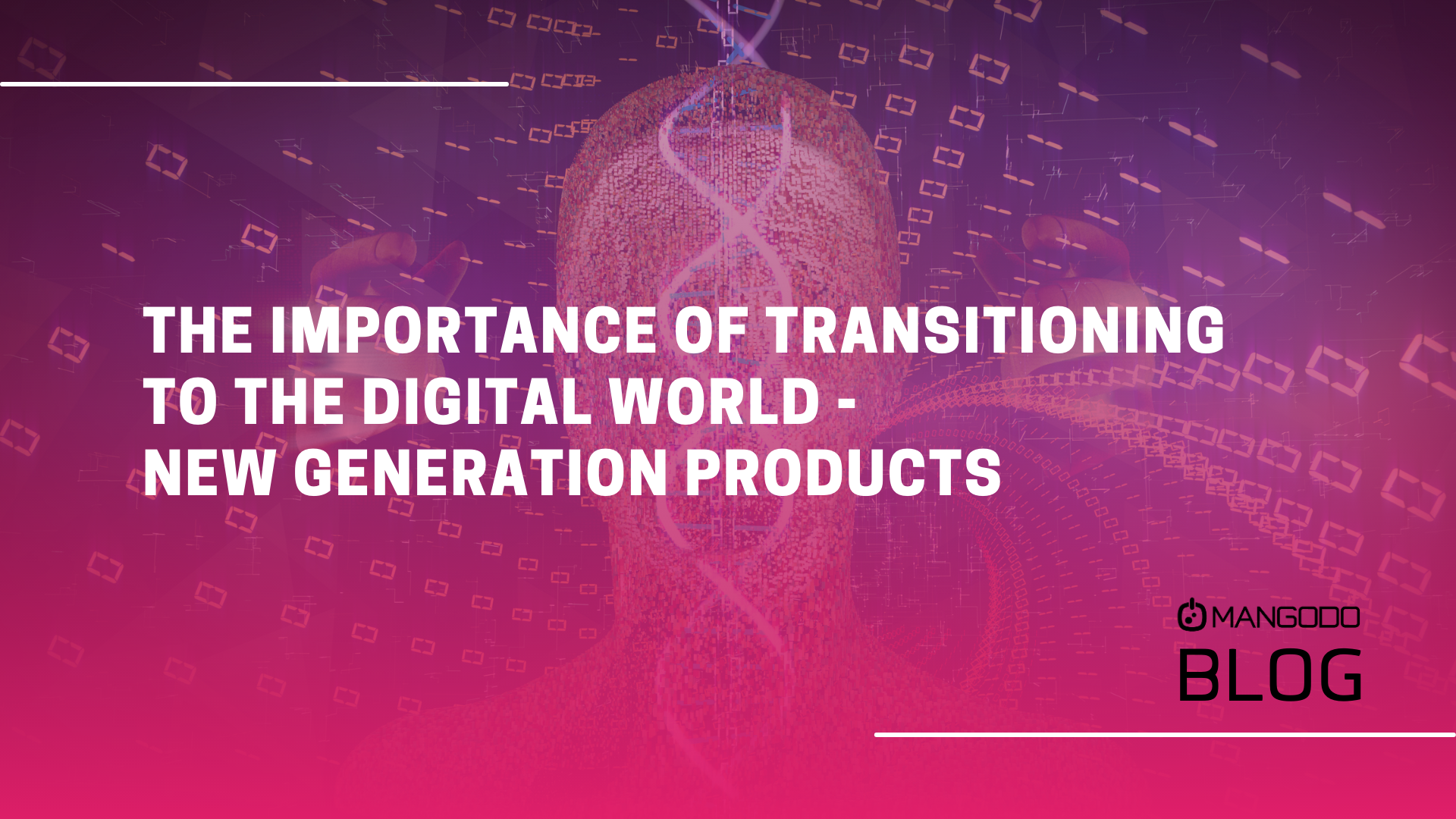The Importance of Transitioning to The Digital world - New Generation Products
The importance of transitioning to the digital world for new generation products cannot be overstated. As we enter an era driven by rapid technological advancements, businesses must adapt to the changing landscape to stay relevant and competitive. Embracing digital transformation is no longer an option; it has become a necessity for survival and growth.
One of the key reasons why transitioning to the digital world is crucial for new generation products is the changing consumer behavior and expectations. Today's consumers are digitally savvy, connected, and empowered. They expect seamless digital experiences across all touchpoints, whether it's shopping, entertainment, communication, or accessing services. By embracing digital technologies, businesses can meet these expectations, provide personalized experiences, and engage with their target audience more effectively.
Digitalization also opens up new avenues for innovation and product development. By leveraging emerging technologies such as artificial intelligence, internet of things, big data analytics, and virtual/augmented reality, companies can create cutting-edge products that deliver enhanced functionalities and immersive experiences. For example, smart devices and wearable technology have revolutionized the way we interact with everyday objects, from fitness trackers to smart home systems. By incorporating digital elements into their products, businesses can tap into new markets, attract tech-savvy consumers, and differentiate themselves from competitors.
Moreover, transitioning to the digital world allows for greater scalability and cost-efficiency. Traditional manufacturing and distribution models often come with high overhead costs, inventory management challenges, and limited reach. In contrast, digital platforms enable companies to streamline their operations, optimize supply chains, and reach global audiences with minimal physical infrastructure. This not only reduces costs but also enables businesses to scale rapidly and expand into new markets without significant barriers.
Additionally, the digital world offers rich data insights and analytics capabilities. By collecting and analyzing data generated by digital interactions, businesses can gain valuable insights into consumer behavior, preferences, and market trends. These insights can drive informed decision-making, product refinement, targeted marketing campaigns, and overall business strategies. The ability to harness data effectively can lead to better customer understanding, improved product offerings, and increased customer satisfaction.
Transitioning to the digital world facilitates agile and iterative product development cycles. Digital tools and platforms enable rapid prototyping, testing, and iteration, allowing businesses to bring new products to market faster. This iterative approach also fosters a culture of innovation, adaptability, and continuous improvement within organizations, enabling them to stay ahead of the curve in a fast-paced digital landscape.
In conclusion, transitioning to the digital world is imperative for new generation products. It allows businesses to meet evolving consumer expectations, drive innovation, enhance scalability, leverage data insights, and enable agile product development. Embracing digital transformation is no longer a choice; it is the pathway to sustainable growth and success in the digital age.
